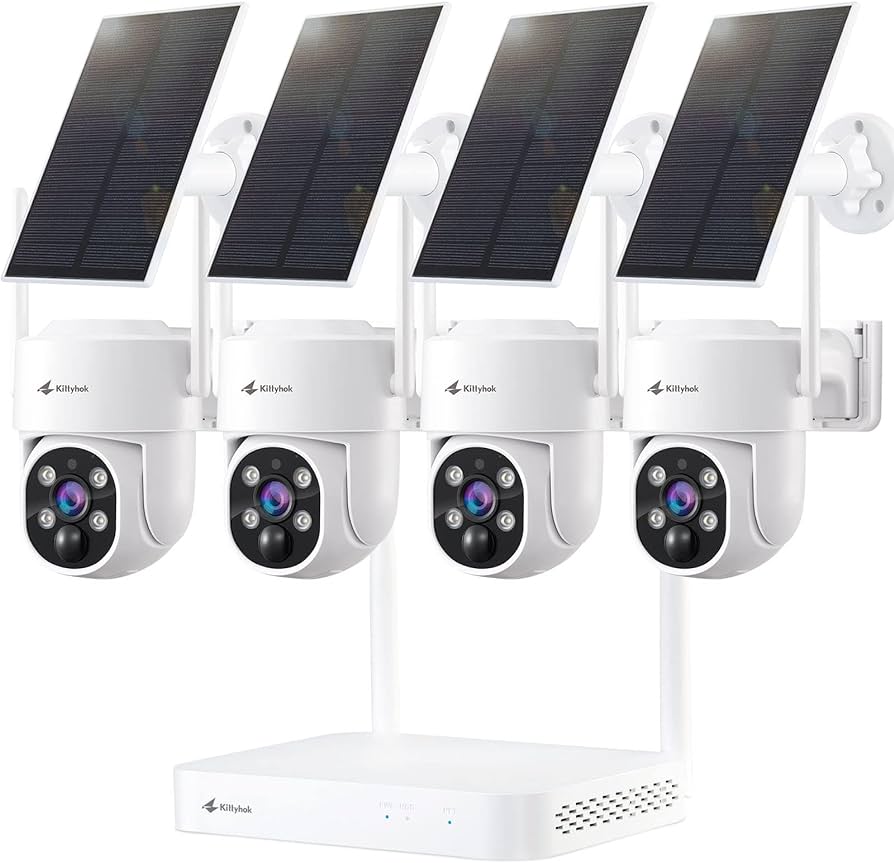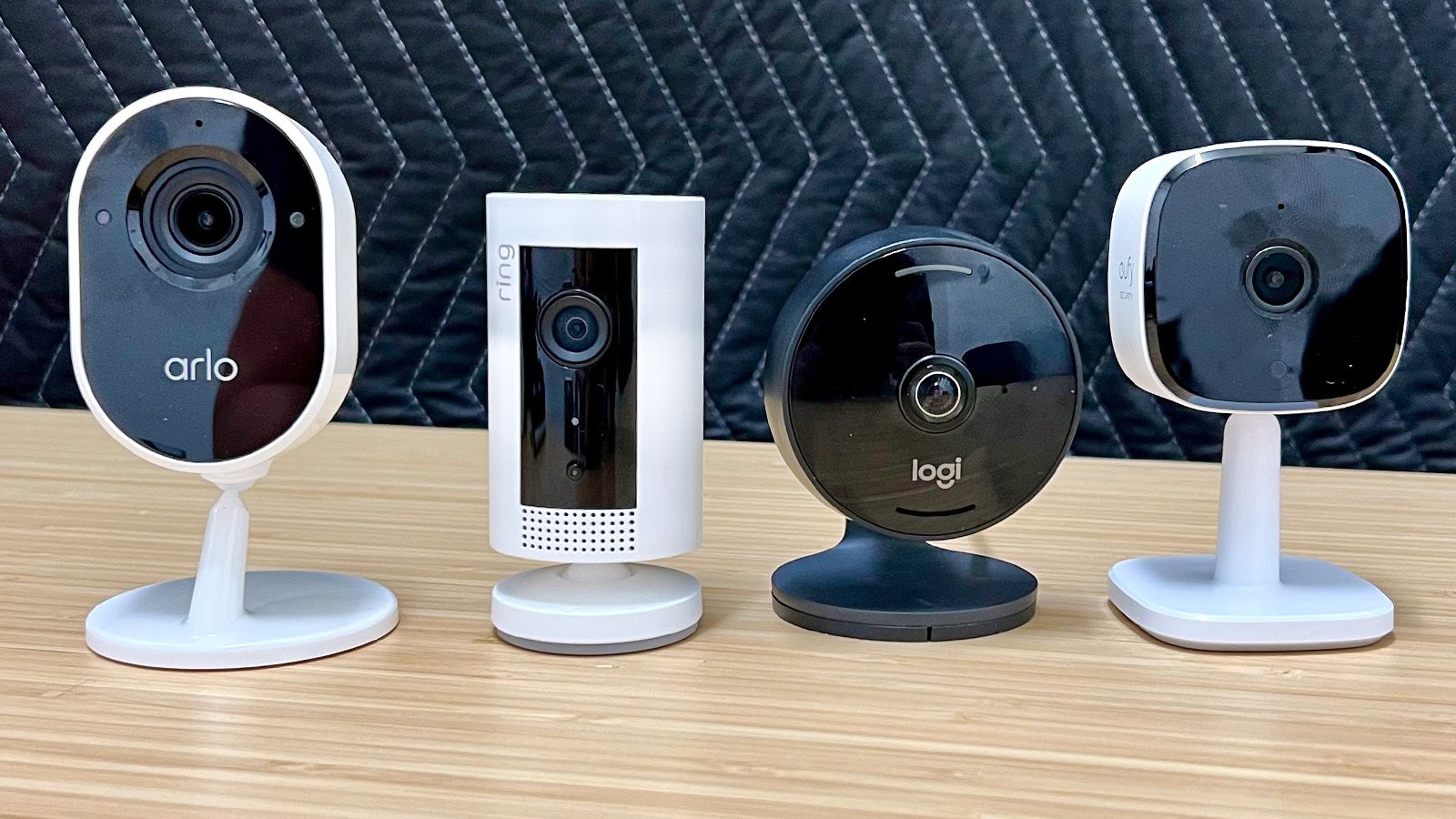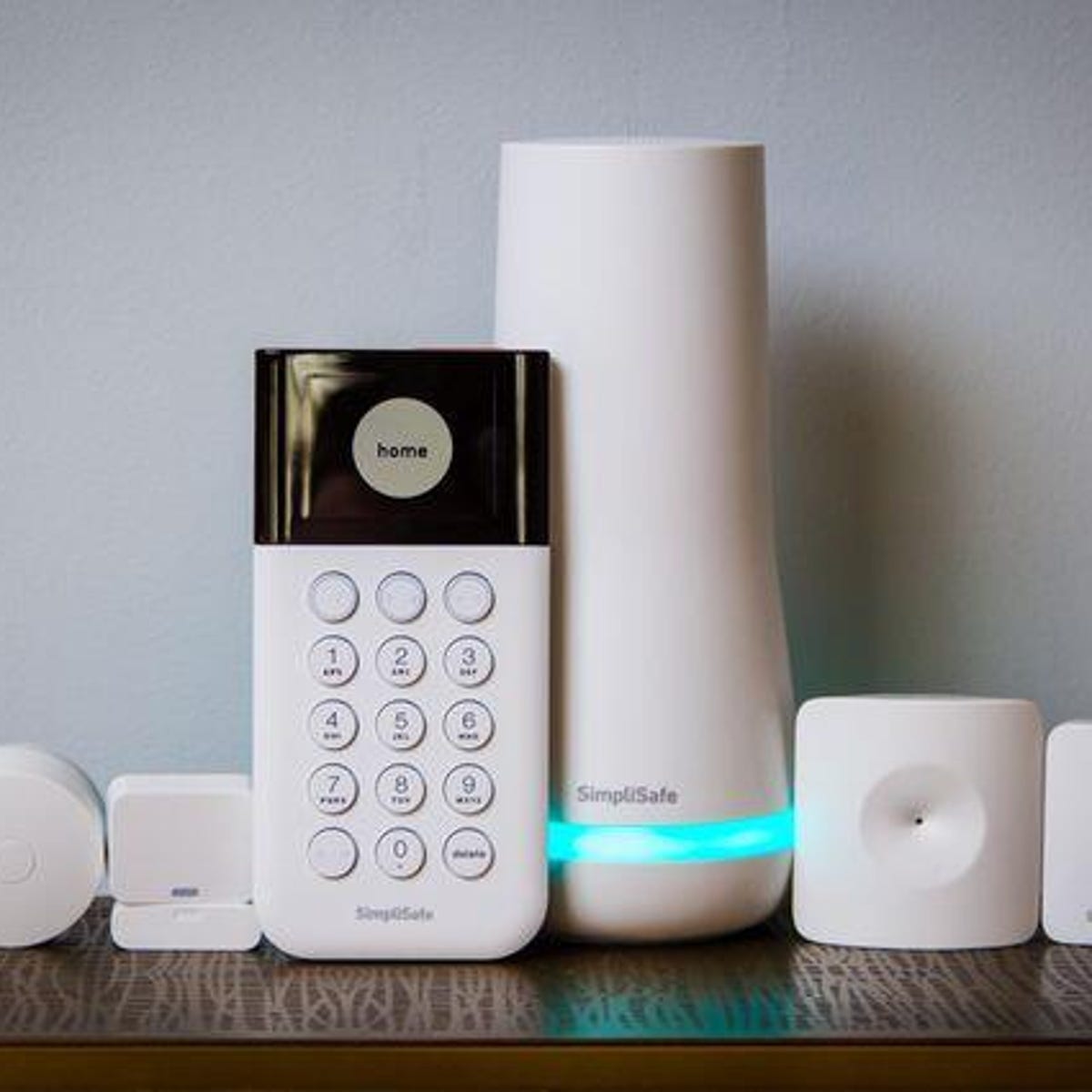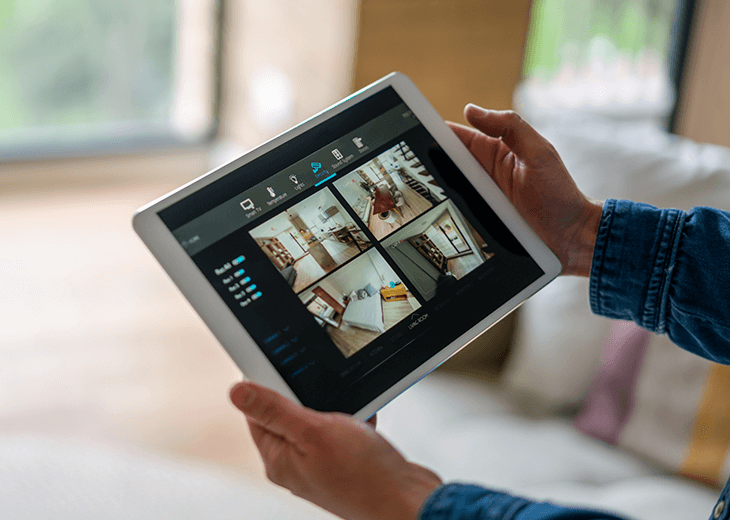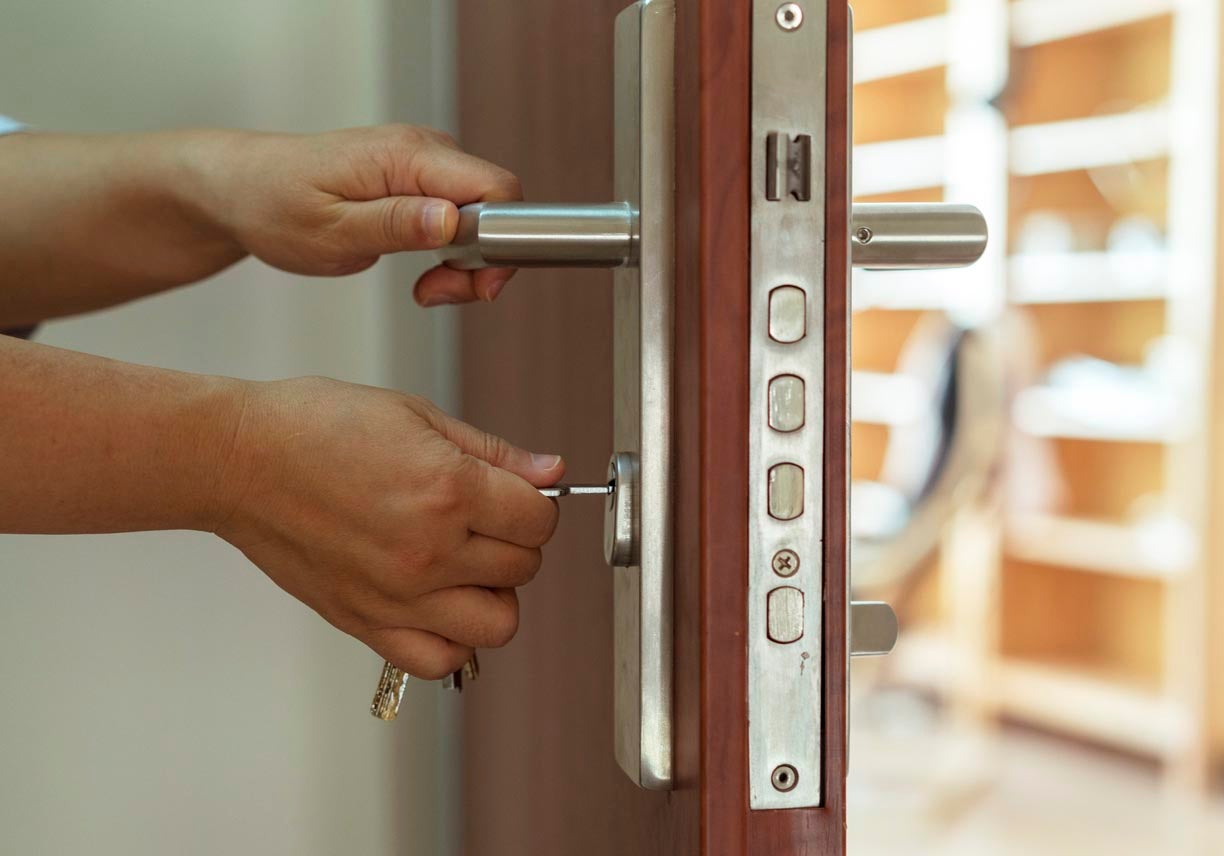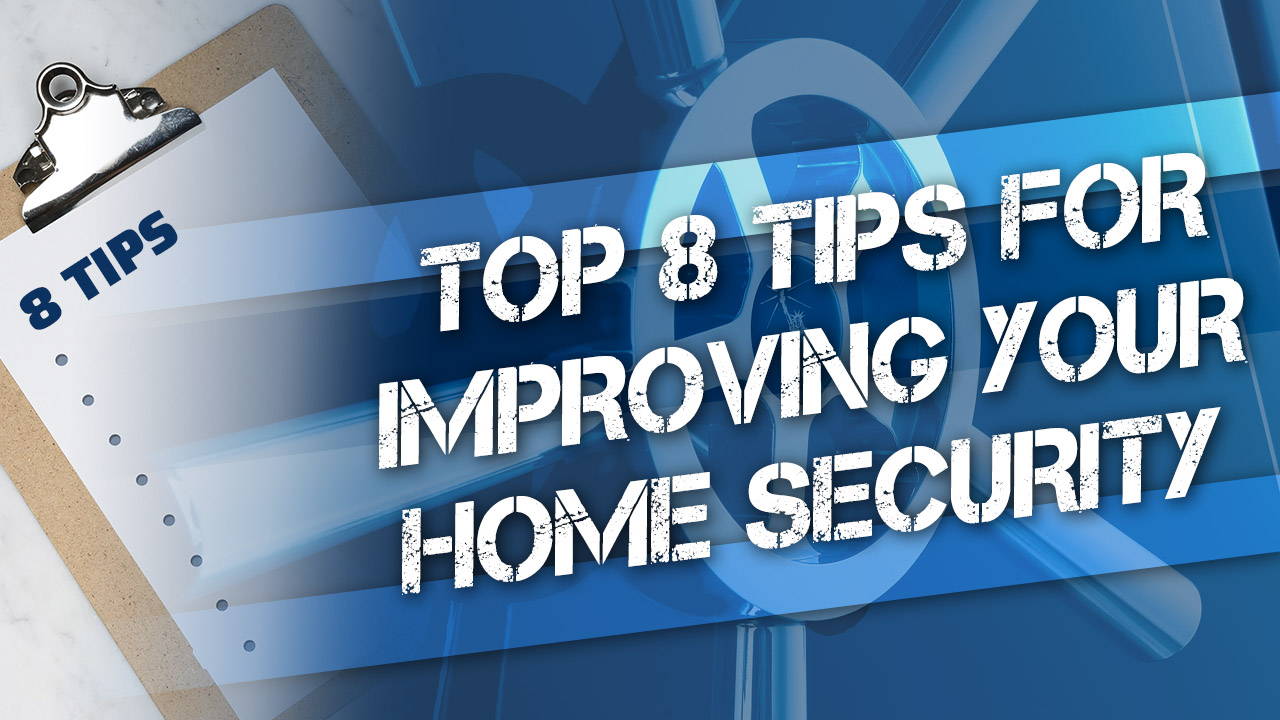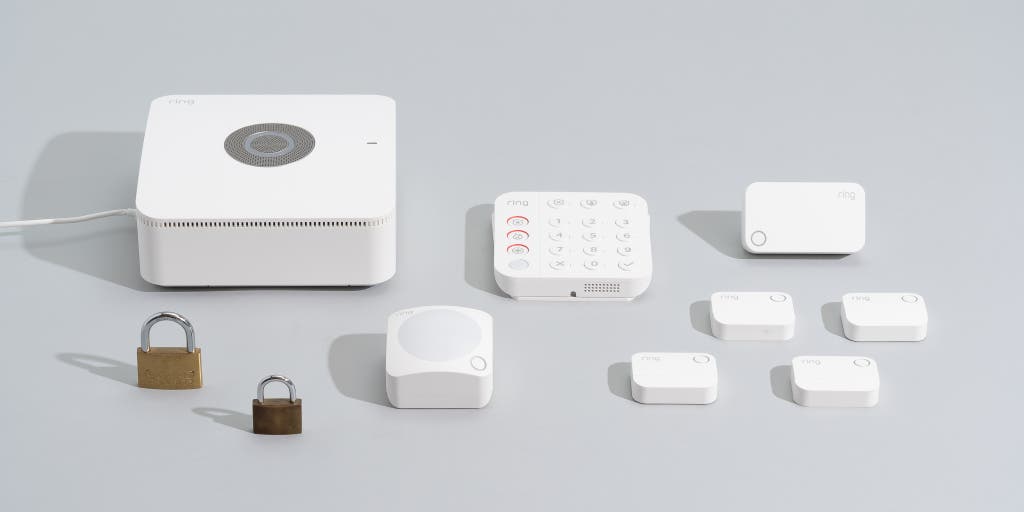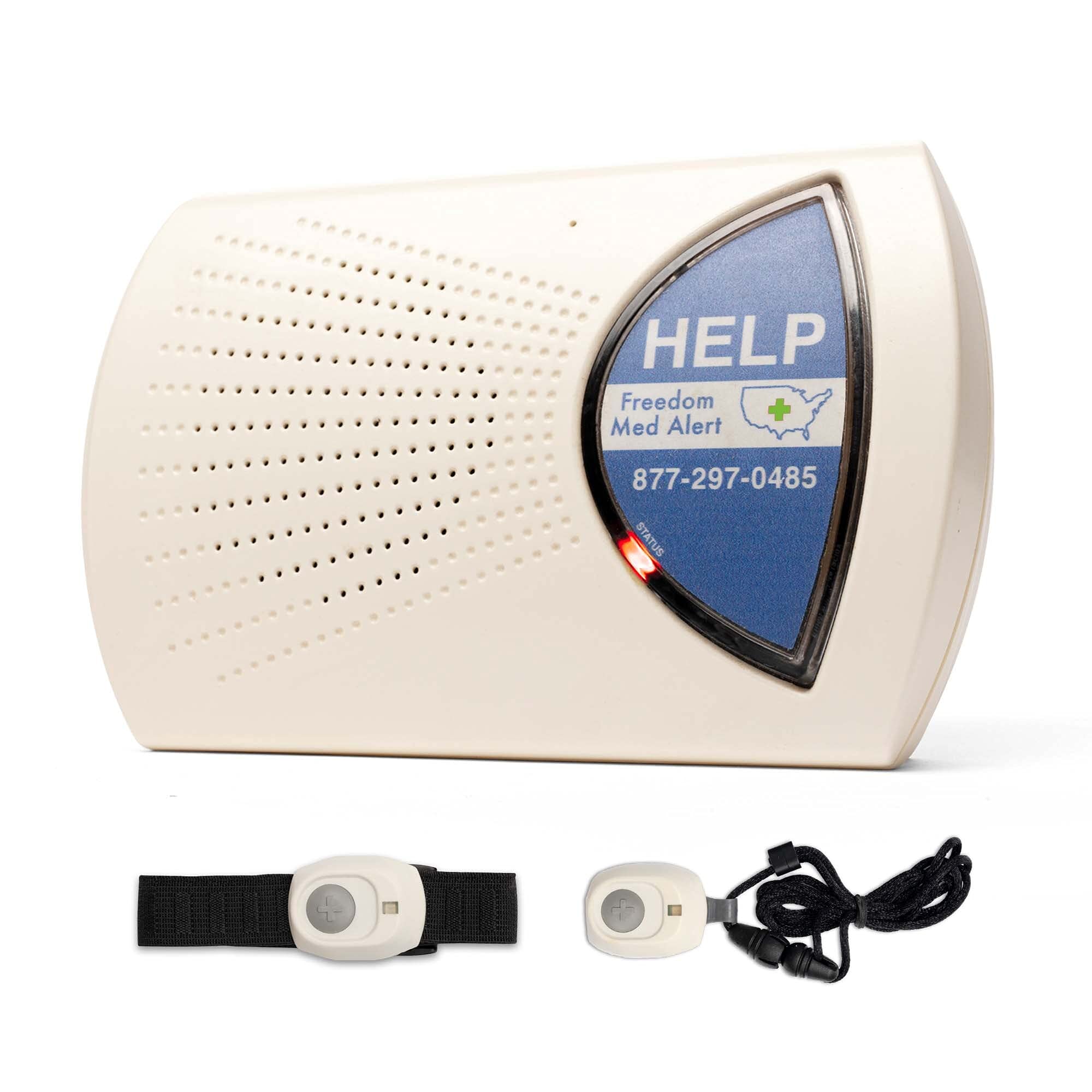Smart Homes, Smart Security: Protecting Your Connected Lifestyle
Hello Readers,
Welcome to this informative article on Smart Homes, Smart Security, and how it can protect your connected lifestyle. In today’s digital age, the integration of technology into our daily lives has transformed the way we interact with our homes. From remotely controlling appliances to accessing security systems on the go, smart homes offer convenience and efficiency like never before. However, with these advancements come concerns about privacy, cybersecurity, and the potential vulnerabilities of a connected lifestyle. In this article, we will explore the strengths and weaknesses of smart homes and provide you with valuable insights to help you safeguard your home and loved ones.
Contents
- 1 Introduction: The Rise of Smart Homes
- 2 Smart Homes, Smart Security: Protecting Your Connected Lifestyle
- 3 Frequently Asked Questions (FAQs)
- 3.1 1. Can smart homes be hacked easily?
- 3.2 2. Are smart home devices compatible with each other?
- 3.3 3. How can I protect my smart home from cyber threats?
- 3.4 4. Can smart homes pose privacy risks?
- 3.5 5. Do smart homes improve energy efficiency?
- 3.6 6. Are smart homes suitable for elderly individuals?
- 3.7 7. Are smart homes a worthy investment?
- 3.8 8. Can smart home devices be controlled when traveling?
- 3.9 9. How reliable are smart home security systems?
- 3.10 10. Are there any health benefits to smart homes?
- 3.11 11. Can I integrate existing home security systems into a smart home?
- 3.12 12. How much does it cost to set up a smart home?
- 3.13 13. What should I do if I encounter issues with my smart home?
- 4 Conclusion: Embrace the Connected Lifestyle Safely
- 5 Author
Introduction: The Rise of Smart Homes
Smart homes have revolutionized our living spaces, turning ordinary houses into intelligent and interconnected living environments. These homes are equipped with a wide range of devices and sensors that can be controlled remotely through a smartphone or voice command. With the ability to automate various tasks, monitor energy usage, and enhance security measures, smart homes have become an increasingly popular choice for homeowners seeking a modern and convenient lifestyle.
In today’s fast-paced world, the demand for smart home devices is rapidly growing. From smart thermostats that optimize energy consumption to smart locks that provide advanced access control, these technologies offer a wealth of benefits. By seamlessly integrating with our daily routines, smart homes enhance comfort, increase efficiency, and provide a sense of security.
However, as with any technological advancement, there are both advantages and disadvantages associated with smart homes. It is crucial to have a clear understanding of these strengths and weaknesses to make an informed decision about embracing this connected lifestyle.
Strengths of Smart Homes
1. Convenience: Smart homes offer unparalleled convenience by allowing homeowners to control various aspects of their living environment remotely. Whether it’s adjusting the temperature, turning on the lights, or even monitoring home security, all can be done with a simple tap on a smartphone or a voice command.
2. Energy Efficiency: Smart homes enable homeowners to optimize energy usage and reduce utility bills. With smart thermostats, lighting systems, and energy monitoring devices, users can automate energy-consuming processes and make informed decisions about their consumption patterns.
3. Enhanced Security: One of the most significant advantages of smart homes is the ability to enhance security measures. From surveillance cameras and motion sensors to smart locks and doorbell cameras, homeowners can monitor their property and receive real-time alerts about any unusual activities.
4. Integration and Compatibility: Smart home devices and systems are designed to seamlessly integrate and communicate with each other. This compatibility allows for a centralized control hub that simplifies the management and operation of different devices, creating a cohesive smart home experience.
5. Accessibility: With a connected lifestyle, users can access and manage their smart home devices from anywhere in the world. Whether you’re at work, traveling, or simply away from home, the ability to monitor and control your home remotely provides a new level of convenience and peace of mind.
6. Health and Well-being: Smart homes offer numerous benefits for improving health and well-being. From smart air purifiers that monitor air quality to sleep tracking devices that optimize your sleep patterns, these technologies contribute to a healthier living environment.
7. Personalization: Smart homes allow homeowners to personalize their living environment according to their preferences and needs. Whether it’s adjusting the lighting ambiance, setting the perfect temperature, or playing your favorite playlist, smart home devices adapt to your lifestyle.
Weaknesses of Smart Homes
1. Privacy Concerns: One of the primary concerns associated with smart homes is the potential invasion of privacy. As these devices collect data about users’ activities and routines, there is always a risk of this information falling into the wrong hands or being used for unethical purposes.
2. Cybersecurity Risks: The interconnected nature of smart home devices makes them vulnerable to cyber attacks. If not adequately secured, hackers can gain unauthorized access to various systems, compromising not only privacy but also the safety of the residents.
3. Dependency on Internet Connectivity: Smart homes heavily rely on stable and secure internet connections. In case of network outages or disruptions, certain functionalities may become inaccessible, causing inconvenience and potential security risks.
4. Initial Cost and Complexity: While the long-term benefits of smart homes are undeniable, the initial setup costs and complexities can be a barrier for some homeowners. The need to purchase compatible devices, set up a centralized control hub, and ensure proper installation require a certain level of investment and technical expertise.
5. Limited Interoperability: Despite efforts to create standardized protocols, interoperability issues still exist among smart home devices from different manufacturers. This limitation may restrict the seamless integration of devices, compromising the overall smart home experience.
6. Learning Curve: Embracing a connected lifestyle comes with a learning curve. Users need to familiarize themselves with the functionalities and operation of various smart home devices, which can be intimidating for some individuals.
7. Vulnerability to System Failures: Just like any other technology, smart home systems are not immune to malfunctions or failures. Power outages, software glitches, or device malfunctions can disrupt the normal functioning of the interconnected devices, requiring troubleshooting and potential repair costs.
Smart Homes, Smart Security: Protecting Your Connected Lifestyle
To ensure a secure and protected connected lifestyle, it is essential to implement robust security measures within your smart home ecosystem. Below is a comprehensive table summarizing the key elements of smart home security:
| Security Aspect | Description |
|---|---|
| Secure Network | Set up a strong and secure Wi-Fi network with a unique password to prevent unauthorized access. |
| Two-factor Authentication | Enable two-factor authentication (2FA) for all smart home devices to add an extra layer of security. |
| Regular Firmware Updates | Keep all smart home devices’ firmware up to date to ensure they have the latest security patches and bug fixes. |
| Device Encryption | Ensure that all data transmitted between devices is encrypted to protect it from interception. |
| Strong Passwords | Use complex passwords for all smart home devices and change them regularly. |
| Privacy Settings | Review and adjust privacy settings on your smart home devices to limit data collection and sharing. |
| Secure Remote Access | Use a virtual private network (VPN) when accessing your smart home devices remotely for enhanced security. |
| Physical Security | Secure physical access to your smart home devices by using locks, sensors, and cameras. |
Frequently Asked Questions (FAQs)
1. Can smart homes be hacked easily?
Answer: While smart homes are vulnerable to cyber attacks, implementing strong security measures significantly reduces the risk of hacking.
2. Are smart home devices compatible with each other?
Answer: Compatibility may vary among different manufacturers’ devices, but efforts are being made to enhance interoperability.
3. How can I protect my smart home from cyber threats?
Answer: Secure your network, keep devices updated, use strong passwords, and enable two-factor authentication.
4. Can smart homes pose privacy risks?
Answer: Smart homes gather data, but reviewing and adjusting privacy settings can mitigate privacy concerns.
5. Do smart homes improve energy efficiency?
Answer: Yes, smart homes offer ways to optimize energy usage and reduce utility bills.
6. Are smart homes suitable for elderly individuals?
Answer: Yes, smart homes can enhance safety, convenience, and access to healthcare for the elderly.
7. Are smart homes a worthy investment?
Answer: The long-term benefits, convenience, and security of smart homes make them a valuable investment.
8. Can smart home devices be controlled when traveling?
Answer: Yes, with remote access capabilities, users can control and monitor their smart home devices from anywhere.
9. How reliable are smart home security systems?
Answer: Smart home security systems offer enhanced monitoring and real-time alerts, improving overall security reliability.
10. Are there any health benefits to smart homes?
Answer: Smart homes offer various health benefits, such as optimizing air quality and improving sleep patterns.
11. Can I integrate existing home security systems into a smart home?
Answer: Yes, many smart home devices are designed to integrate with existing security systems for enhanced functionality.
12. How much does it cost to set up a smart home?
Answer: The cost of setting up a smart home varies depending on the number of devices and complexity of the installation.
13. What should I do if I encounter issues with my smart home?
Answer: Contact customer support for troubleshooting assistance or seek professional help for repairs if necessary.
Conclusion: Embrace the Connected Lifestyle Safely
In conclusion, smart homes offer numerous advantages that can significantly elevate our living experiences. From convenience and energy efficiency to enhanced security and personalization, the benefits are undeniable. However, it is crucial to address the weaknesses and associated risks to maximize the potential of a smart home while ensuring a protected and secure living environment.
By implementing robust security measures, staying informed about the latest trends and updates, and being mindful of privacy concerns, you can protect your connected lifestyle. Embrace the advancements of technology and welcome the possibilities of a smart home while enjoying the peace of mind that comes with a secure and protected living space.
Thank you for reading and taking the time to educate yourself about smart homes and smart security. Remember, a connected lifestyle can be both convenient and secure!
Disclaimer: The information provided in this article is for educational and informational purposes only. It does not constitute professional advice or guarantee the security of your smart home. Always consult with experts and follow best practices to ensure optimal security for your specific smart home setup.
